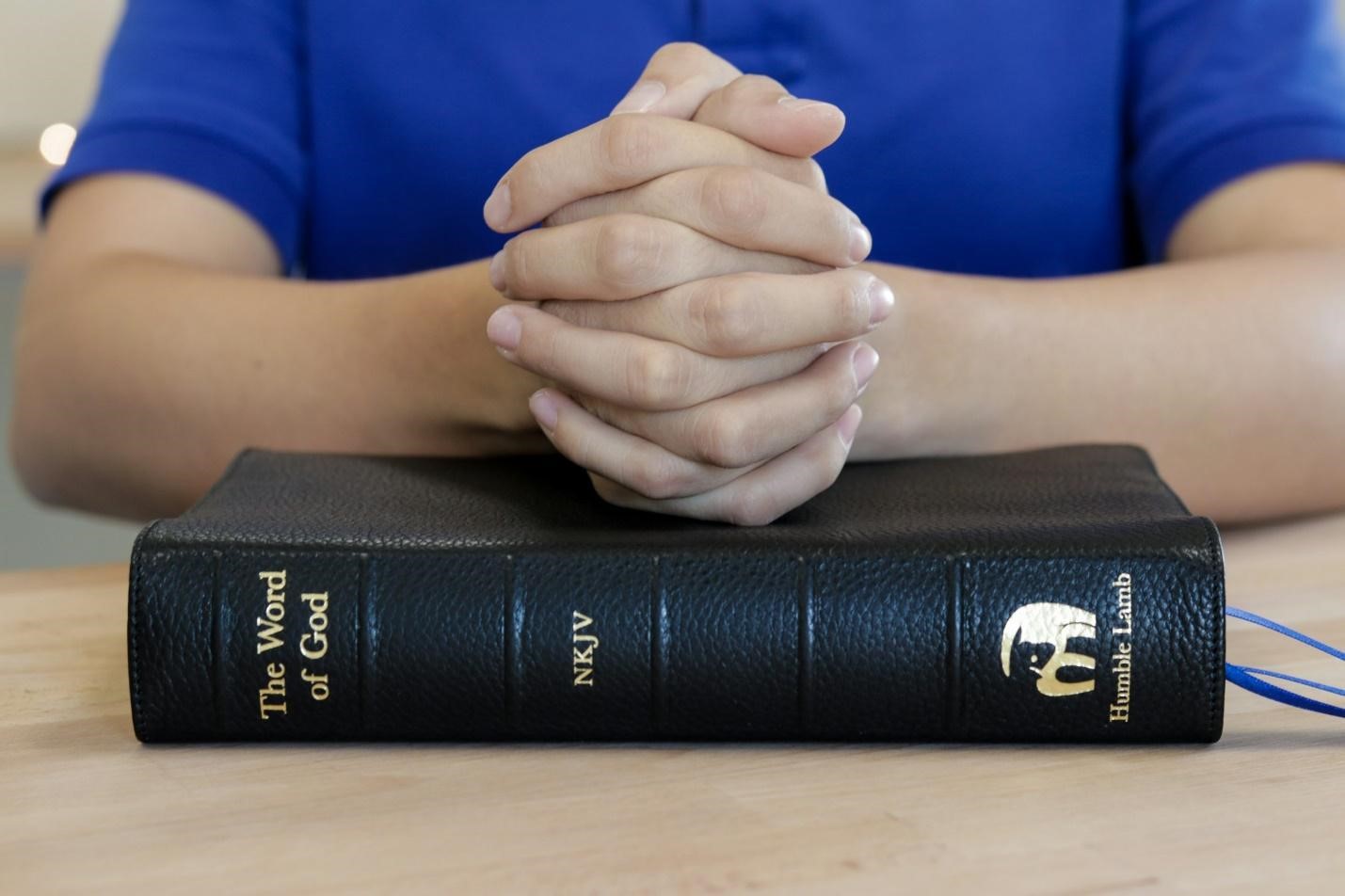The Importance Of Prayer In Overcoming Addiction
Posted by Daniella Park on 30th Aug 2024

For many people with an addiction, their substance use was originally self-medication against pain, anxiety, or loneliness. Addiction gradually took hold, and their whole life became a constant search for procurement and consumption of their drug of choice.
Recovery appears to be the most impossible mission when a person is bound in the clutches of active addiction. However, for willing individuals, prayer can turn out to be the most powerful tool in the struggle against addiction.
Turning to a higher power through prayer increases willpower, allows for emotional support, fosters spiritual growth, and provides accountability—all of which combined help people travel on the road to long-term recovery.
Looking at the multifaceted effects of prayer inclusion in recovery, we find numerous deep advantages that identify it as a principal tool in overcoming addiction.
1. Strengthen willpower
Prayer can be a strong, inspirational tool in recovery. One can feel very weak in recovery and almost succumb to the temptations of addiction. At such times, it becomes very necessary to connect with something outside oneself for strength. In prayer, one speaks directly to God, or one's higher power, about seeking help to tide over temptations.
Research has shown that praying is among the best actions you can take to help yourself from giving in to your cravings. Praying takes some realization of control over God rather than just sitting there white-knuckling your willpower. Talking to your higher power relieves a tremendous amount of pressure one feels.
Honestly, you can say to them, "I don't believe I can do this without your help." Then, you listen for the strength and peace they give you.
2. Provide Emotional Support
So often, addiction is really attached to deeper hurt that a person is trying to numb. Many people struggle with feelings of sadness or even trauma from their past or mental health issues such as anxiety and depression. It may be this type of emotion that drives people to lean on drugs or alcohol to feel OK. On the other hand, prayer is extremely healing for the soul. It gives a person a safe place to get things off their chest and not feel so alone.
When you pray, you don't have to hide what's going on inside. God or your higher power already knows how you feel, so you might as well talk about it. Sometimes, saying things out loud—just saying them out loud—can make them hurt less. And getting advice in return reminds you there is hope.
In this case, the sobriety prayer is a way to release worries and leave them with your higher power instead of carrying them yourself.
3. Facilitate Self-Reflection
Praying daily, even for a few minutes, allows you to look inside yourself slowly. Talking to your higher power and reciting the prayer for strength and healing is a chance to think about how you're doing. You can look at what's going on in your mind and your choices that day. You may notice some thoughts or behaviors that aren't so good. Or there were some moments when you handled things well.
Expressing all this to God or your higher power helps you learn. It shows what you need to work on or keep doing that keeps you healthy. You can ask for guidance on those harder parts. The self-reflection part also allows you to focus on the positives. Thinking of thingsyou're grateful for, like being in recovery or having supportive people, improves your mood and makes your prayers more meaningful.
 4. Promote Spiritual Healing
4. Promote Spiritual Healing
For many people struggling with substance use, their addictive behaviors stem from feeling empty or like their lives don't have much meaning. However, developing a spiritual side in recovery through consistent prayer nourishes the soul in powerful ways. Taking time daily to connect to a higher power fills a void that once led to destructive choices. Praying replaces addiction with principles of faith, hope, love, and service to others.
These spiritual values give vital purpose and direction to life. Having something greater than yourself to believe in provides new motivation. Research shows that substituting positive thinking for unhealthy habits is essential for ongoing recovery success. Better thought patterns emerge as you get used to relying on prayer, such as the 7th step of prayer, instead of drugs. Your new outlook leads to better choices when challenges come up.

5. Implementing Prayer in Your Recovery Routine
While prayer looks different for everyone, incorporating it meaningfully into your daily life can powerfully support addiction recovery. Here are some practical tips:
- Commit to the AA morning prayer at least once daily, whether upon waking or before bed. Consistency is pivotal.
- Find a quiet space where you won't be distracted. You can pray formally while seated or lying prostrate or informally while taking a walk outside.
- Keep a prayer journal to record requests, reflections, blessings, or verses for inspiration. Reviewing past entries tracks your progress.
- Try praying; the third step is prayer, which reinforces accepting what you cannot change and finding the wisdom to know the difference.
- Connect with a faith-based recovery group that incorporates group prayer. Community support strengthens individual efforts.
- Attend religious services if they align with your beliefs. The messages may uplift you, and the teachings often align with recovery principles.
- Keep going even if prayer doesn't come quickly at first. With practice, it can become a powerful coping mechanism and source of aid.

The Powerful Role of Prayer in Sustaining Long-Term Recovery
Prayer offers an array of positive impacts that support beating addiction by strengthening willpower and enhancing emotional, spiritual and mental well-being. Developing a routine of daily prayer provides immense help in overcoming substance abuse. While recovery necessitates continuous work, praying humbles individuals, offers guidance and puts one's healing in the care of a higher power.
For those ready to get assistance with addiction or other compulsive behaviors or who want to help a loved one do the same, considering prayer as a core component is highly recommended. Incorporating spiritually grounded reflection can make all the difference in sustaining long-term recovery.



